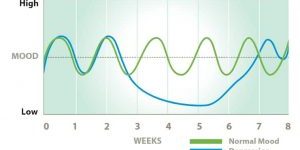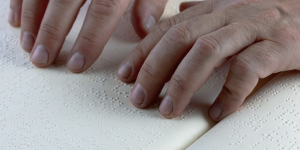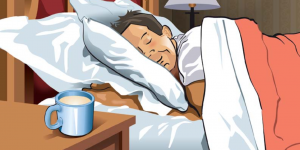Smoking and sleep
Depression and the impact on fatigue
While we all experience low mood from time to time, it is important to understand that this is not depression. Depression is more than just a low mood. Depression is……
Managing stress and Fatigue
Stress is something that has been with us for a long time. Even though the cause of our stress has changed, the response in the mind and body has remained……
The impacts on circadian rhythm and melatonin production in visually impaired people
Light is captured through photoreceptors in the eyes which transmit this to the suprachiasmatic nucleus (SCN), or internal body clock, via a dedicated neural pathway. Each day the light-dark cycle……
I don’t have enough time to exercise?
I am too busy at work and my work hours are too long. Despite advances in technology, many of us still spend more – rather than less – time at……
An introduction to sleep
Sleep is common throughout the animal kingdom. We do know there is still a lot to be leaned about sleep, despite considerable research. All animals require sleep and no permanent……
Is it possible to have too much sleep each night?
It is still largely unknown how many exact hours of sleep per day are needed in adults, according to their age, their environmental and socio-cultural characteristics. It is generally cited……
Why is fatigue a problem?
The consequences of fatigue are unpredictable. They can range in severity and should not be taken lightly. The simple act of falling asleep may result in something as harmless as……
How does caffeine affect sleep
Caffeine stimulates the central nervous system and can artificially stimulate your senses, which makes you more alert. Peak alertness levels are generally reached 30-60 minutes after consumption. If too much……
Hydration
Your body needs adequate fluid and electrolytes in order to have any chance of feeling energised. If these needs are not met, then physical and mental fatigue will increase, as……
Top tips for management mental health
Putting it all together Depression, anxiety and stress are major risk factors of fatigue. The good news is that they are all treatable conditions and many people overcome mood disorders……










